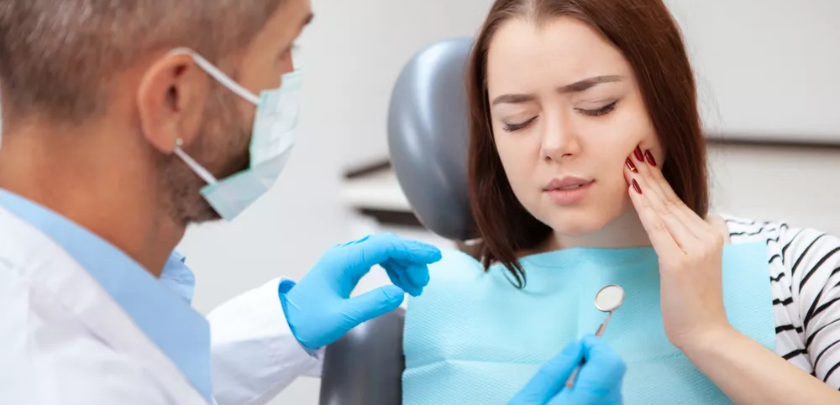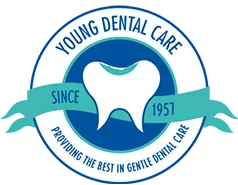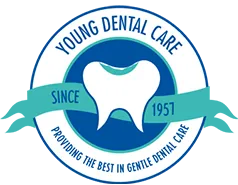7 Common Signs You Need a Root Canal
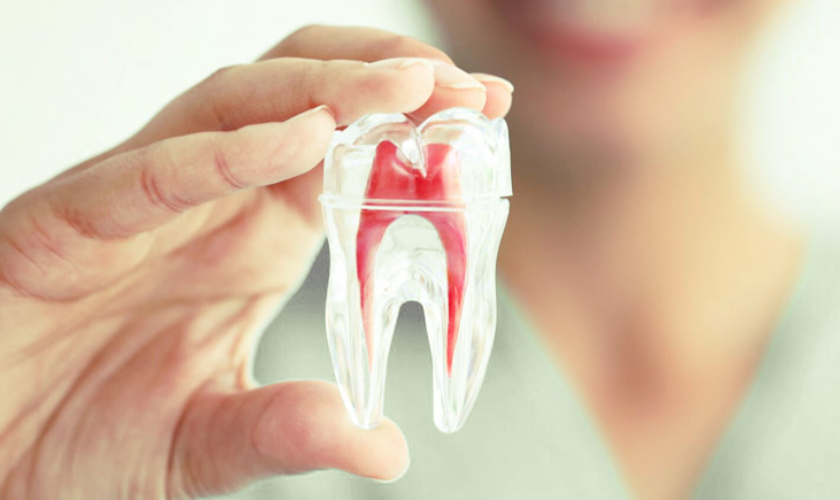
A root canal is a dental procedure that is often recommended when the inner part of a tooth, known as the pulp, becomes infected or damaged. This treatment is crucial to save the tooth and prevent further complications such as abscesses or the spread of infection. Recognizing the signs that you might need a root canal can help you seek timely dental care, thus improving the chances of a successful treatment and recovery. Here are seven common signs that indicate a root canal might be necessary:
- Persistent Pain Persistent pain is one of the most obvious signs that something might be wrong with your tooth. The pain can vary in intensity from mild to severe and might be constant or intermittent. It can worsen when you bite down on the tooth, or when consuming hot or cold foods and beverages. Pain that wakes you up at night is particularly concerning and often indicative of root damage that might require a root canal.
- Sensitivity to Heat and Cold If your tooth remains sensitive to hot or cold temperatures even after the source of the temperature has been removed, it could be a sign of nerve damage or decay that has reached the pulp of the tooth. This prolonged sensitivity, particularly if it lasts for more than a few seconds, suggests that the nerves and blood vessels in the tooth may be infected or inflamed.
- Tooth Discoloration An infection in the pulp can cause a tooth to become discolored. Trauma to the tooth that damages the internal blood vessels can lead to a grayish-black appearance. If you notice that one of your teeth is becoming darker compared to surrounding teeth, it’s advisable to consult your dentist to determine the underlying cause.
- Swollen Gums Swollen gums around the affected tooth can signal that something is wrong. The swelling may not always be painful, but it can be tender to touch. You might also notice a raised bump on the gums near the affected tooth. This could be a sign that an abscess is forming, which is a pus-filled pocket caused by the infection.
- Pain When Eating or Touching the Tooth If you experience pain upon chewing or applying pressure to a particular area, this could indicate that the root of your tooth is infected or that there is decay reaching the nerve. The ligament around the root tip can become hypersensitive due to the infection or inflammation.
- A Chipped or Cracked Tooth Teeth that are chipped or cracked can expose the nerve and invite infection, with the potential to reach the pulp of the tooth. Once the infection reaches the pulp, it can spread to the bone and surrounding tissues, necessitating a root canal to remove the infected tissue and save the tooth.
- Prolonged Dental Sensitivity Sensations of pain or discomfort that linger after eating hot or cold foods, or after the tooth has been exposed to air, can be a symptom of pulp damage. This prolonged sensitivity is a significant indicator that the health of the inner tooth is compromised.
What to Do Next
If you recognize any of these signs, it’s important to visit your dentist as soon as possible. A timely diagnosis and treatment can prevent the spread of infection and save your tooth. During your visit, your dentist will likely take X-rays to examine the health of your tooth’s root and surrounding bone. If a root canal is necessary, the infected or inflamed pulp will be removed, and the inside of the tooth will be carefully cleaned and sealed to protect against further infection.
Root canals have a reputation for being painful, but with modern dental technology and anesthesia, the procedure itself is no more uncomfortable than having a filling placed. The discomfort you feel from the infection will likely be much greater than any caused by the procedure.
Conclusion
Being aware of the signs that may indicate a need for a root canal allows you to get the help you need before problems become more serious. Regular dental check-ups can help catch these issues early, but being attuned to changes in your dental health is also crucial. If you experience any of the symptoms mentioned, contact your dentist promptly to discuss your symptoms and appropriate treatment options. Remember, preserving your natural teeth is always the best option for maintaining long-term dental health.
Recent Posts
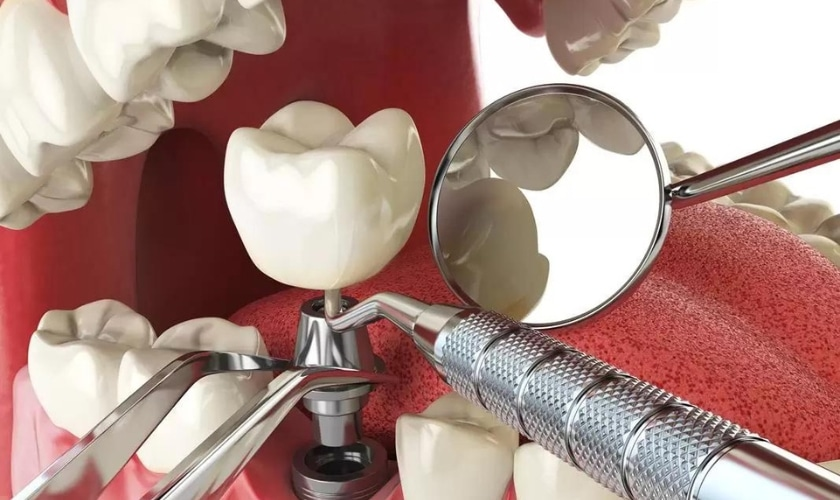
Why Is One Tooth Implant So Expensive
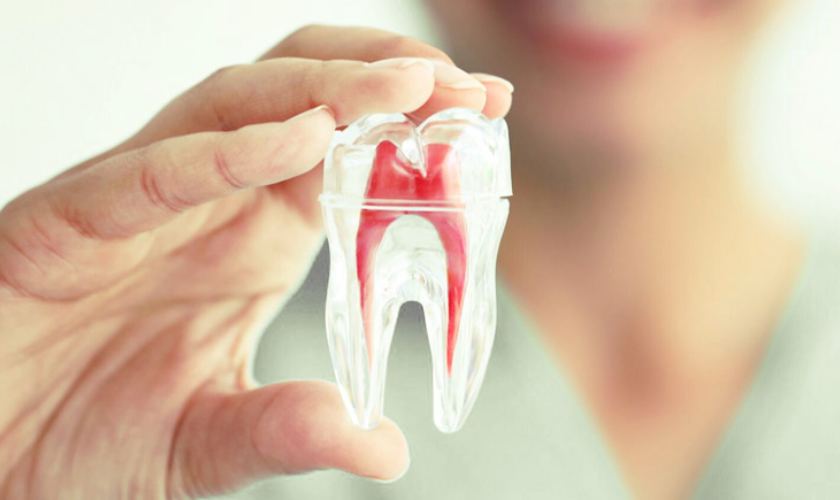
Does The Tooth Pain Increase Days After Root Canal Treatment?
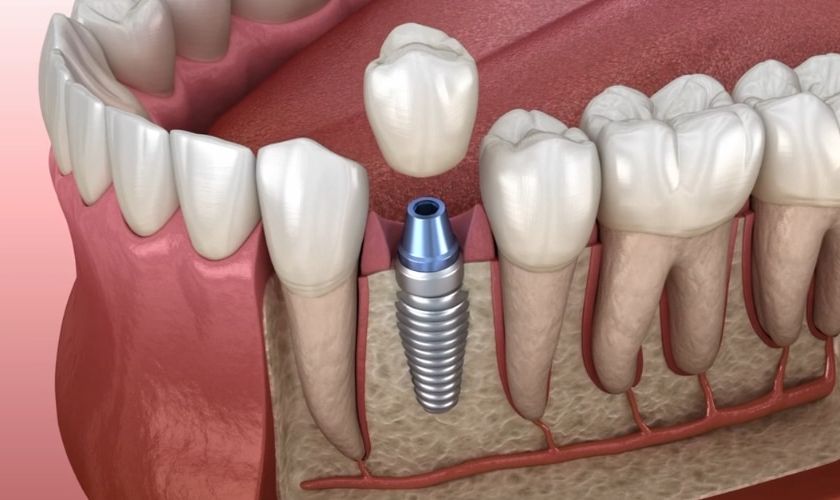
What Are The 3 Stages Of Dental Implant?

7 Common Signs You Need a Root Canal
